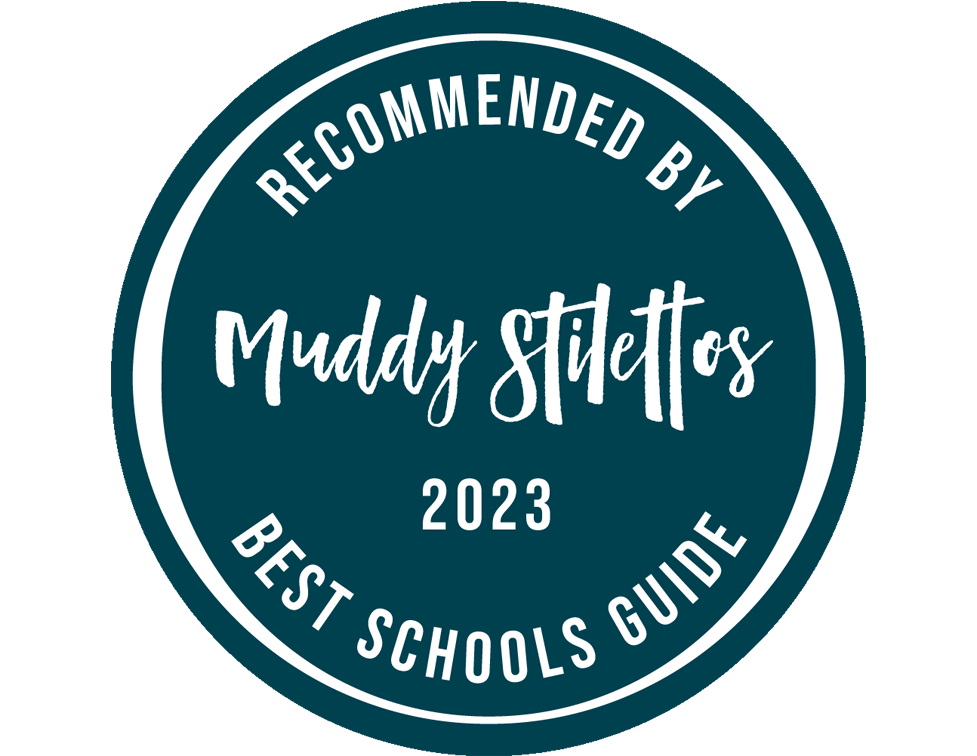Easy to be better

Bullying is a blight on humanity. In all my mental health and wellbeing training, my counselling training and in my dealings with professionals such as social workers, bullying comes up again and again.
It comes up as a source of poor mental health.
It comes up as a reason for poor attainment in education.
It comes up as a cause of long-term trauma.
It comes up and up and up.
It occurs in schools, but it also happens in families and workplaces and in the playground. It affects children and adults. It cuts across ethnicity, culture, economic standing and nationality.
If I could change anything about society, bullying would push any other behaviour for top position. It is such a source of negativity, loss of opportunity and so damaging to individuals.
We do teach about bullying. PSHEe lessons in every year group have elements of what bullying is, both online and the real world. But the focus is on individuals taking responsibility for standing up to it. Turning being a 'bystander' into an 'upstander' is a key teaching point. Being assertive, 'standing up for yourself in an appropriate way', is another.
My teaching is even more nuanced. Year 4 have been looking at a range of behaviours, from 'kind, gentle and caring' through to 'a bit rude' through 'unpleasant' to 'bullying'. They did really well to appreciate that things are not always black and white. They also noted that small, unpleasant behaviours can grow into something more sinister.
So, we push back against this, don't we? Of course. Staff try to model kindness, care and consideration. We reward and encourage thoughtfulness and gentleness. We teach about how to work through social problems, how to make up with friends. The battle to be more positive is always there.
A child once said to me that it is easy to be unkind. Maybe it is when you are surrounded by unkindness. If I have a wish for the world, it's less unkindness, more simple things like authenticity, humanity and grace. If we surround ourselves with these things, we are much more likely to be them. Then it is easy to be better.
Matthew Shroff
Director of Wellbeing








